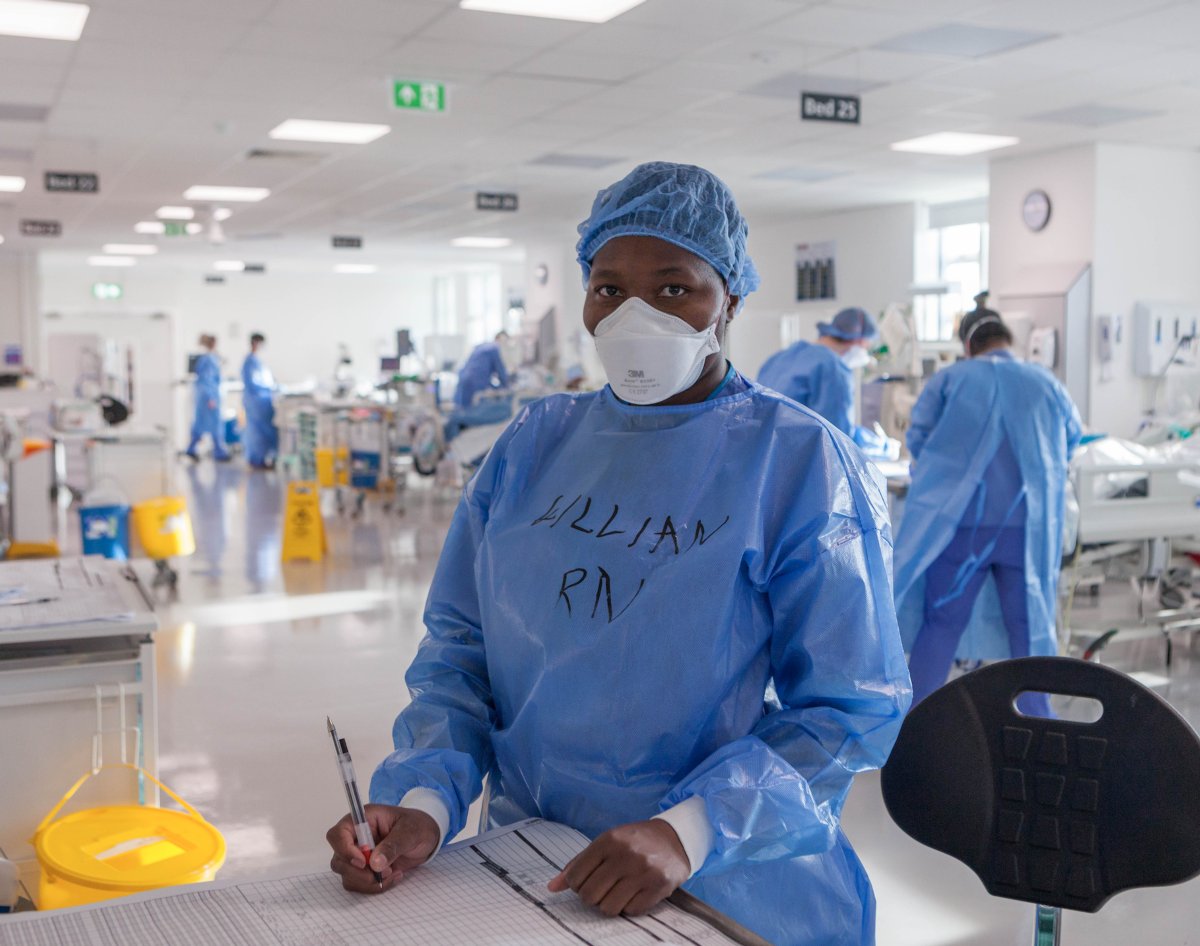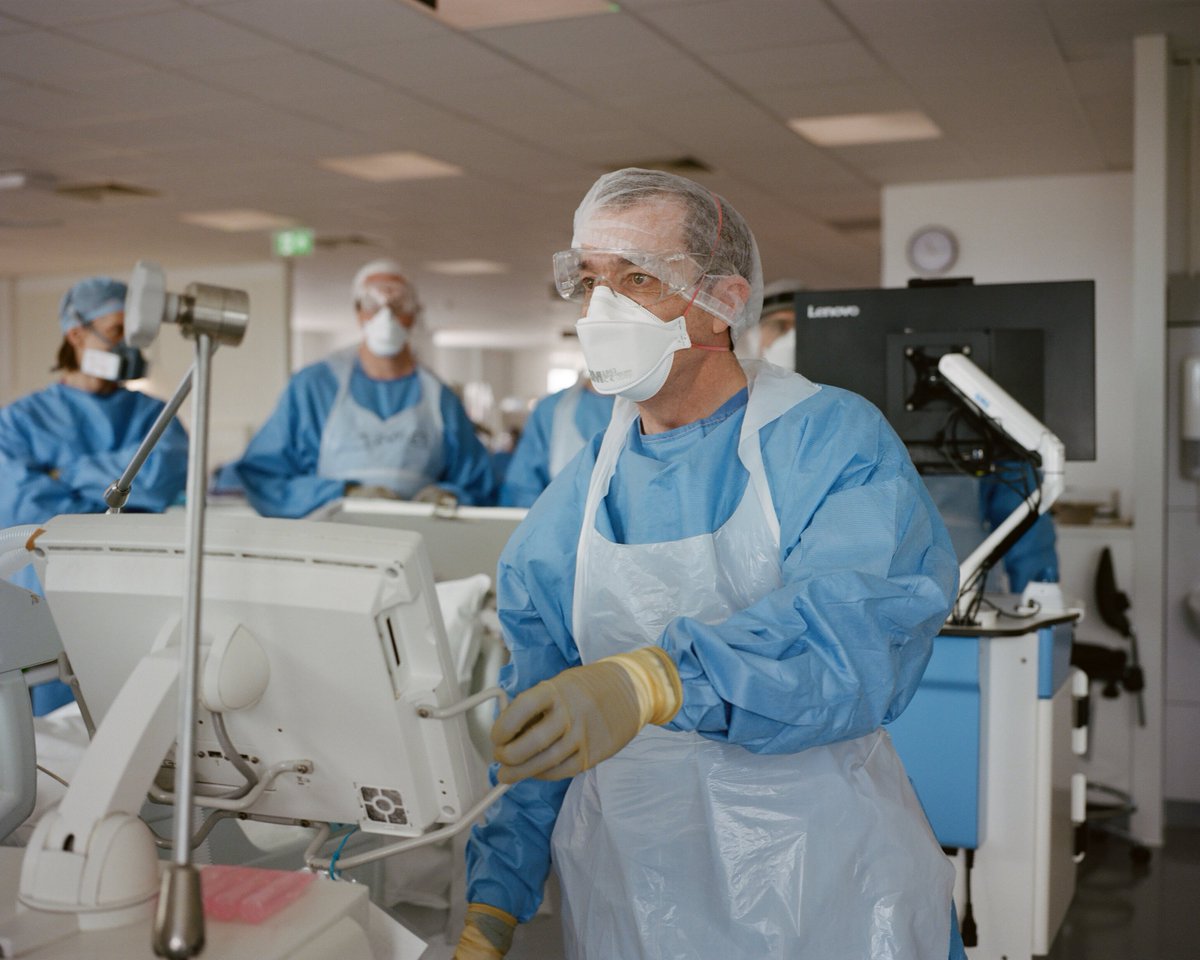
Covid sitrep: Was not planning on doing another one but things are definitely changing on the ground in some NHS hospitals. Vaccination has been a huge help but we are seeing more patients admitted to hospital and to ICU. Frustrating but there are reasons to be hopeful 1/11: 

First thing to explain is that although there has definitely been an increase in new admissions to hospital, the numbers are very small. We are reassured by @DHSCgovuk reports that vaccination is reducing the number of severe cases of Covid 2/11. 

The flow of patients with covid needing intensive care had almost stopped for a few weeks but is rising again. ICU staff are seeing a change. Again, the numbers are very small but we also know they start small. 3/11 

On the plus side, we understand the COVID-19 really well now: We made new treatment plans which worked well in the second wave. For example, we know we see problems like blood clots and kidney damage more often than usual for ICU patients. 4/11
Our treatments are more focused. We aren't getting distracted by a media furore about wonder drugs. @NIHRresearch delivered major clinical trials which busted many myths eg hydroxychloroquine and showed some simple things which saved lives eg dexamethasone. 5/11
Escalation plans: The vast Covid escalation plans before the first wave were revised and tested in the second wave, and refined again with learning from the second wave. We know how to use our staff and real estate to the optimum making patient care more efficient. 6/11
Normal care wont stop: In the first wave, treatment of other diseases stalled almost completely, and again briefly in the second. We are determined to avoid this, and keep GP and hospital care going safely - patients should not worry about visiting hospitals if they need to. 7/11
Logistics are in place: supply chains were under huge strain in March '20. We came very close to running out of PPE, ventilators, dialysis equipment, clothing ('scrubs') and lots more. The supply chain is now resilient. We are well stocked with drugs, equipment and supplies. 8/11
Calm routine: In the first wave our planning was very excitable and sometimes it showed. We wasted time managing people with ill-conceived ideas which weren't going to work. This time we know exactly what to do. Staff are well drilled. Training is routine. 9/11
There are also some reasons to be worried. Some NHS staff have been burnt out by the past 18 months. We are inspired by the massive community response to the crisis but push back from deniers and people putting personal freedoms ahead of others' lives remains hard to take. 10/11
The NHS is here, ready and waiting. We are proud to look after you but we really need to avoid these huge waves of Covid admissions. Vaccination and public health rules can stop this. Keep up your amazing work and #staysafe. The routine is a grind but it works. Thank you. 11/11 

• • •
Missing some Tweet in this thread? You can try to
force a refresh















